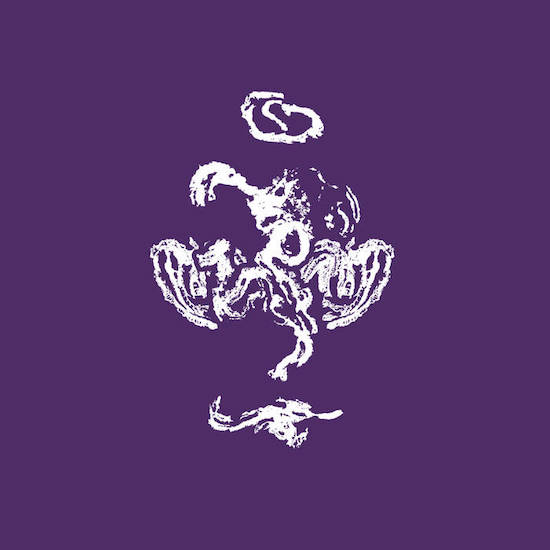In the 1950s François Dufrêne inhaled a microphone to see what sense he couldn’t make. Although he recorded his Cri-Rythmes after he’d distanced himself from Isidore Isou’s Lettrist movement, the retching sounds he recorded did to the spoken word what that group had applied to the written. The Lettrists saw letters and phonemes as materials in themselves beyond just being vehicles for sense. They made art which obliterated the conventional bonds of sign, signified and semantics.
Schobbee is film editor and composer Rik Chaubet. Poe’s Law is an album of internet audio gargled by film editing software. The result is a torrent of in-the-red glitch, digital concrète and corrupted beats like a GIF turned necrotic. Its name comes from what Wired magazine, in 2017, dubbed the most important phenomenon on the internet. ‘Poe’s Law’ is, to paraphrase, the inability to detect online whether someone is being serious. Grasping at the difficulty in detecting nuances like sarcasm and irony in cyberspace, the idea resonates with longer running philosophical musings on the distance between intention and interpretation. The distortions in communication.
Although working with chunks of online media rather than language itself, Schobbee’s amplification of interpretative distortion with audio distortion resonates with Lettrism. On ‘We’re Doomed, Now What? (Feat. Liesa Van Der Aa)’, what should be soothing vaporous synths, the kind you’d expect on a playlist of background music to work to, are corrupted through pummelling beats. ‘Millennial Jive’ is a queasy, almost jingle-like loop drifting through a realm of cursed effects. The repeated spoken incantation translates (from Dutch) to: “I want to go to sleep”.
The album is full of familiar sounds, the track titles and sample selections suggesting a tumble into an algorithmically-determined rabbit hole. By splaying them apart and filling them with feral audio, Schobbee launches them out of context to become something else. Shedding whatever meaning and sentiment they might typically be assumed to hold, they instead become building blocks for his disturbed labyrinth.
That might sound a little academic, but like Lettrist artworks or Dufrêne’s guttural experiments, the results are exhilarating. ‘Do Whales Count?’ sounds like a Hair Police track undergoing violent format conversion. Even more bizarre is its midway pivot into a disarming ambient levitation. ‘Taiwanese Puppet Master’ and ‘Fake It Till You Make It’ are doused in bewitching silhouettes, surreal chunks of disfigured soundtracks floating in combinations as beautiful as they are chilling.
Similar explorations beyond conventional semantics can be heard in ABADIR’s recent Pause/Stutter/Uh/Repeat, or Jan Jelinek’s Zwischen. Both records resonate with a history of avant-garde explorations of para-linguistic expressions, Lettrist-inspired and otherwise.
But where the ABADIR and Jelinek albums stay firmly rooted in the human voice, Schobbee deals with bigger chunks of sonic detritus thrown up by the algorithm. It remains a work concerned with creating new forms from pre-existing content by blasting them out of context. Finding something harrowing yet strangely compelling in the wreckage of sentiment and meaning.


